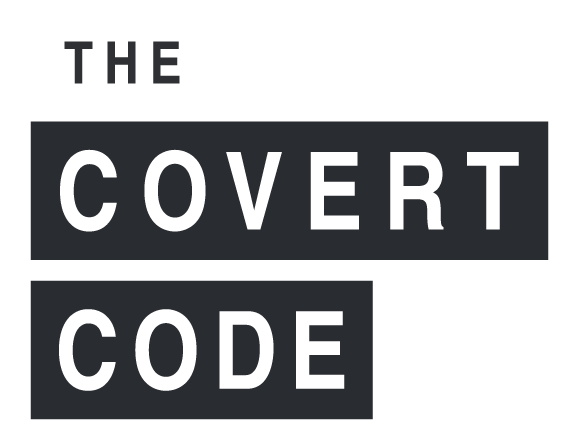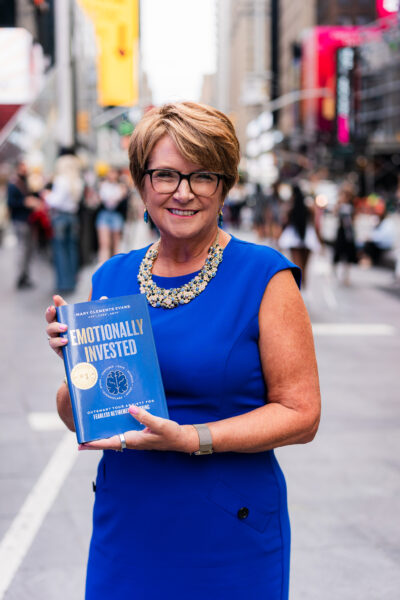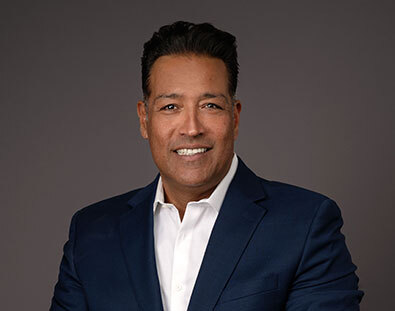Episode 95 – Jack Fonderwhite
What if elite athletes and business leaders had access to a healing methodology that bridges rapid recovery with long-term performance resilience? In this episode of The Covert Code Podcast, recorded from my Oahu battleship, I sit down with Jack Fonderwhite, National Board Certified Diplomat of Acupuncture, electro-acupuncture specialist, and creator of the Peak Mind Method.
 Meet Jack Fonderwhite
Meet Jack Fonderwhite
Jack Fonderwhite is a National Board Certified Diplomat of Acupuncture and creator of the Peak Mind Method, a revolutionary approach to high-performance healing. Inspired by his experience as a multi-sport athlete in Japan, Jack founded Jackupuncture to help elite athletes and business professionals achieve peak performance through innovative techniques that bridge Eastern medicine with Western neurophysiology. Specializing in rapid recovery, chronic pain resolution, and neurological optimization, Jack provides evidence-based treatments that give high performers their competitive edge from the inside out.

 Meet Raj Khedun
Meet Raj Khedun Meet Adam Witty
Meet Adam Witty Meet RJ Grimshaw
Meet RJ Grimshaw Meet Rev. Kevin T. Taylor
Meet Rev. Kevin T. Taylor Meet Dr. Bin Tang
Meet Dr. Bin Tang Meet Mary Clements Evans
Meet Mary Clements Evans Meet Alex Herrera
Meet Alex Herrera Meet Rey Wolmers
Meet Rey Wolmers